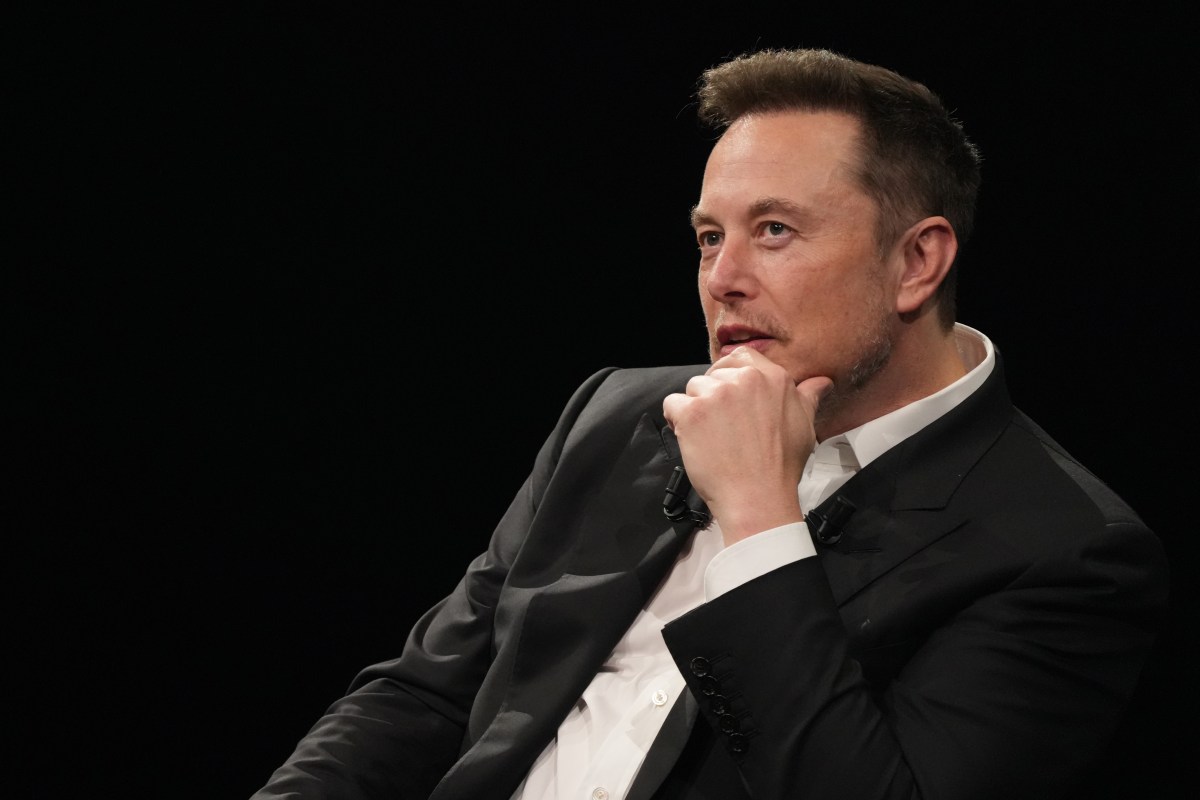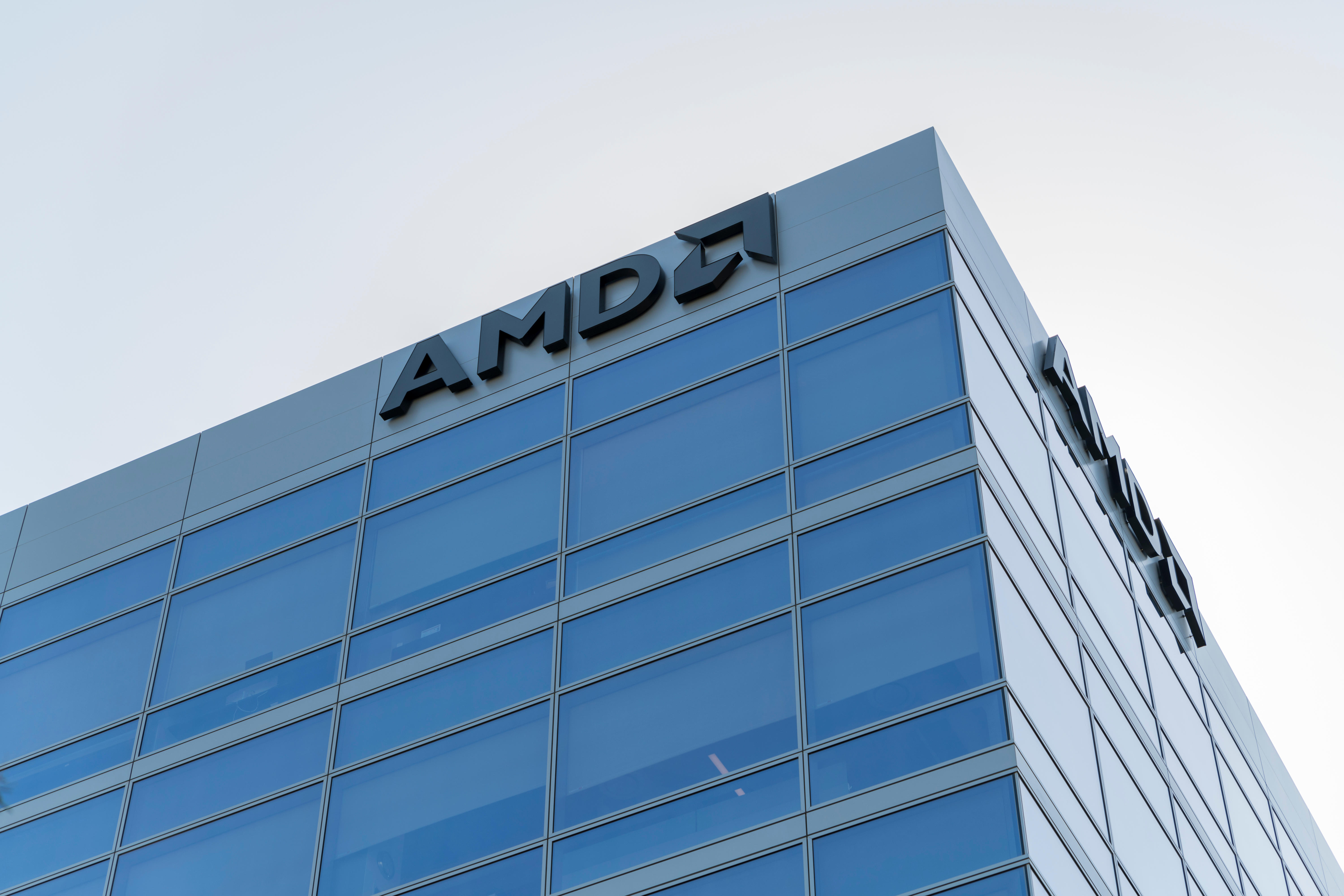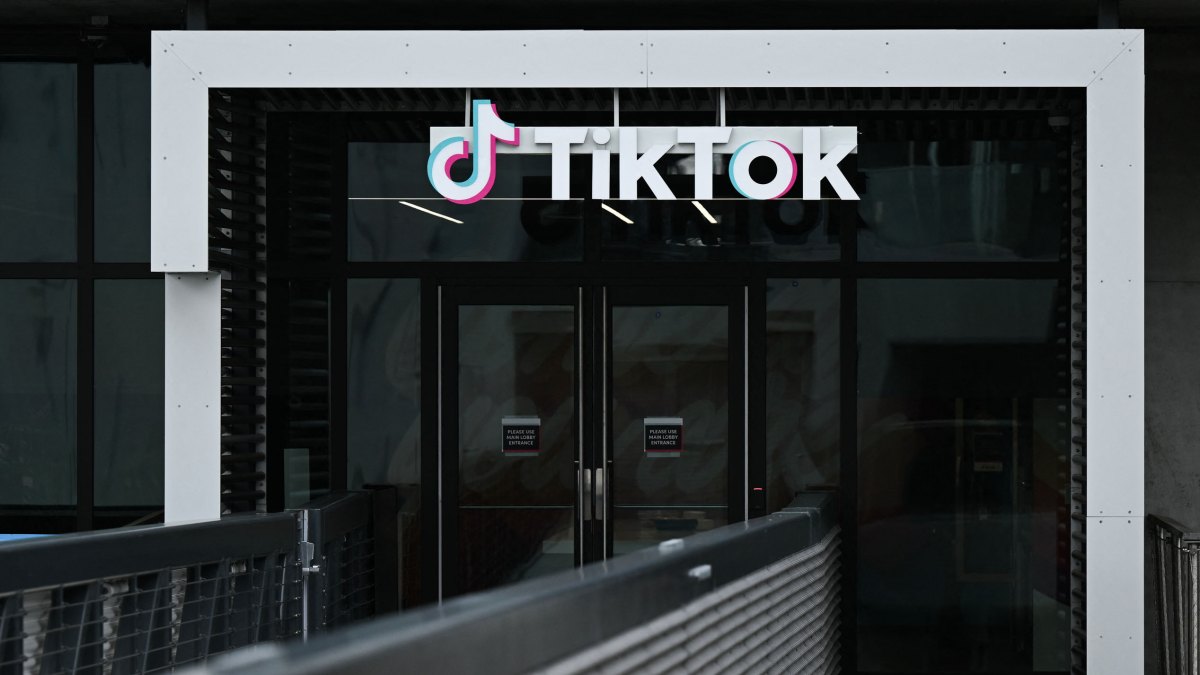Elon Musk's brain implant startup, Neuralink, discreetly secures an extra $43M in funding.
According to a filing with the SEC, Neuralink, a company founded by Elon Musk that is working on developing implantable chips capable of reading brain waves, has successfully raised an extra $43 million in venture capital.

Neuralink, Elon Musk's brain-computer interface company, has recently increased its fundraising efforts, securing an additional $43 million in venture capital. This new funding, detailed in an SEC filing, boosts the company's previous round from $280 million to a total of $323 million, with the backing of 32 investors including Peter Thiel’s Founders Fund.
Although Neuralink hasn't publicly updated its valuation since June, when Reuters reported it to be around $5 billion, its latest financial moves indicate continued growth and investor confidence. The company, established in 2016, has developed a novel approach to brain implants, featuring a sophisticated device resembling a sewing machine for implanting ultra-fine threads into the brain. These threads connect to a specialized chip with electrodes capable of reading neuronal activity.
The concept of brain implants isn't new, but Neuralink's advancements lie in creating wireless versions with a higher number of electrodes, potentially revolutionizing brain-signal reading technology.
In May, Neuralink made a significant stride by receiving FDA approval for human clinical trials, following a previous rejection, and started recruiting for its initial human trials under an investigational device exemption.
However, Neuralink's journey hasn't been without controversy. Reports of a challenging work environment and questionable research ethics have surfaced. A 2022 Fortune article cited anonymous former employees describing a workplace characterized by blame, fear, and direct communication channels to Musk that bypassed management layers. This reportedly led to high turnover, including the departure of several founding scientists.
The company also faced allegations of unethical treatment of test animals, particularly monkeys. The Physicians Committee for Responsible Medicine (PCRM) accused Neuralink and its former research partner, UC Davis, of causing psychological distress and chronic infections in monkeys during testing. Investigations by Reuters and Wired suggested that Musk's push for rapid progress led to rushed testing and complications, including electrode installation issues.
While a federal investigation by the U.S. Department of Agriculture initially found "no evidence" of significant animal welfare violations, except for a self-reported 2019 incident, the PCRM contested these findings. Adding to Neuralink's challenges, in November 2023, U.S. lawmakers requested an SEC investigation into the company for allegedly omitting details about the deaths of animals implanted with its technology.
























![Largest Data Breaches in US History [Updated for 2023]](https://nulld3v.com/uploads/images/202311/image_430x256_654e69df8d469.jpg)













